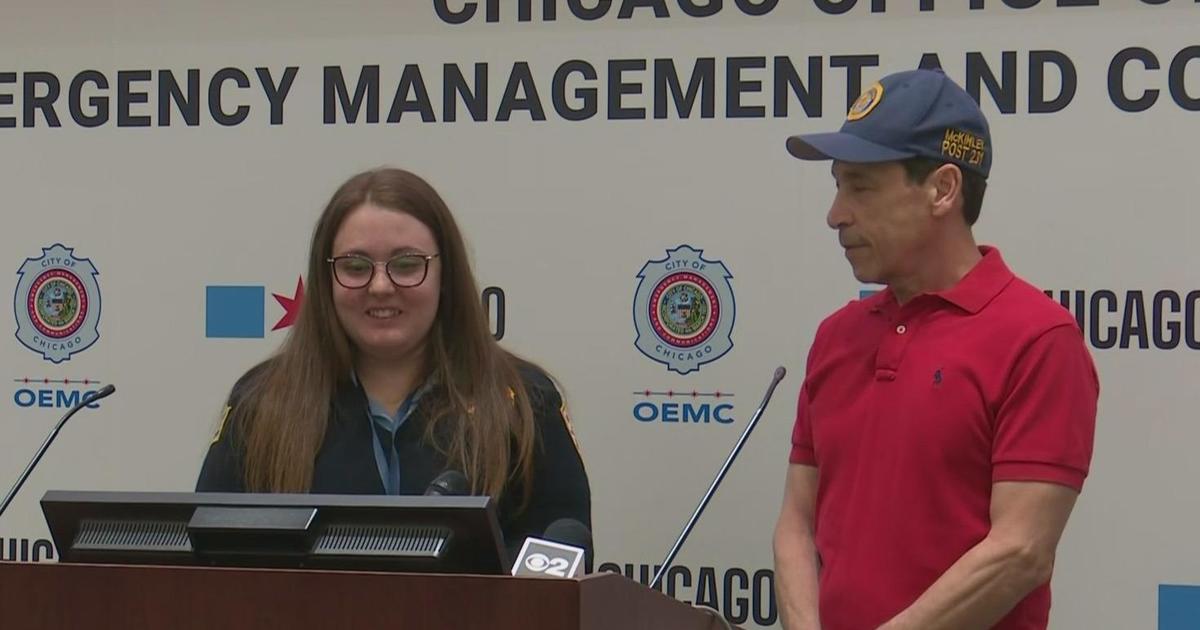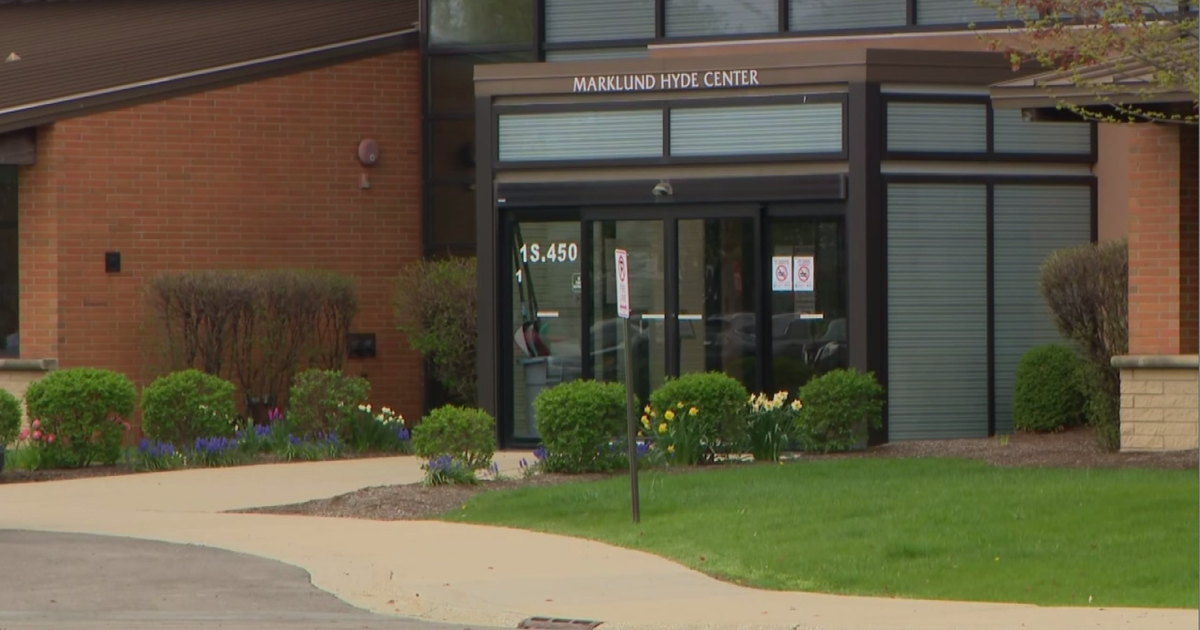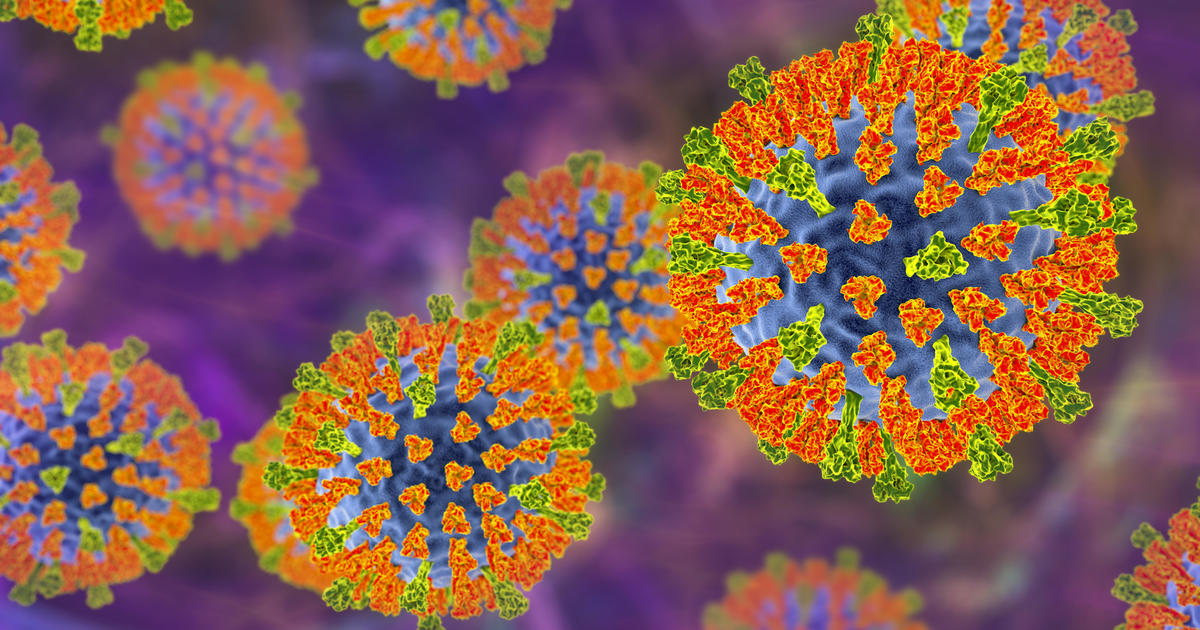Many Of Chicago's Public Swimming Pools Haven't Been Tested Yet
(CBS) – We're halfway through the summer and there's a good chance the public pool you're visiting hasn't been inspected.
CBS 2's Dorothy Tucker reports.
The community pool can be a summer pleasure.
But this break from the heat could also put your family at risk, according to Michele Hlavsa, chief of the Healthy Swimming Program at the Centers for Disease Control.
"If the chlorine levels are low, germs could potentially spread between the swimmers who are sharing the water," Hlavsa says.
Health inspectors are ultimately responsible for ensuring that chlorine levels are correct, as well as pH levels that determine how well the chlorine is working.
"If the pH is too high, the disinfectant, like the chlorine or bromine, is not going to be very good at killing germs," Hlavsa says.
CBS 2 reviewed three years of inspection reports from the Chicago Health Department and found that half of the Chicago Park District pools in the city have not been inspected yet this year. Since 2014, 22 inspections discovered pH levels were too high. Six inspections indicated chlorine levels were too low -- in one case, low enough to order the pool immediately closed.
"If they have guidelines they should probably stick with the guidelines," Sebastian Sadowski, father of a 13-month-old daughter, says.
Dressed for a day at the pool, Tucker visited several pool and used test strips from a local store to check out the pH and chlorine levels of the pool water.
Chlorine and pH levels tested fine at Armour Square and Pulaski Park pools.
However, at Riis, Cornell, Oakdale and Smith Park pools the pH levels were high.
The chlorine levels were low at Washington Park and at the kiddie pool at Portage Park, according to the test strips. That's a problem.
"Children are bringing a lot more into the water, a lot more poop and sweat than the rest of us are bringing into the water, which also uses up the chlorine," Hlavsa said.
William Molina often takes his grandson to the Portage pool.
"It's pretty alarming when you hear stuff like that," he says.
Hlavsa suggests parents use these strips to test pools before letting their children take a dip and report any questionable levels.
"Until the problem is fixed we recommend not entering the water," Hlavsa says.
A Chicago Department of Health spokesperson said 14 inspectors test pools to ensure the public's safety and will have all outdoor pools inspected by Labor Day.
The spokesperson added while the test strips CBS 2 used are not an approved method for testing pool water, the department would follow up if someone did their own testing and filed a complaint.
Here is the agency's full statement:
"Chicago works diligently to ensure that all of our pools are safe and clean for all patrons to enjoy, and tests water and equipment regularly to ensure that it is safe to swim. The Chicago Department of Public Health (CDPH) employs a team of sanitarians who work to ensure that both indoor and outdoor pools are both free of contaminants and in compliance with state regulations throughout the year and during the summer season. In addition to the annual inspections done by CDPH, the Park District ensures that pools are regularly cleaned and that equipment is tested daily to ensure a safe environment for swimmers year-round."



